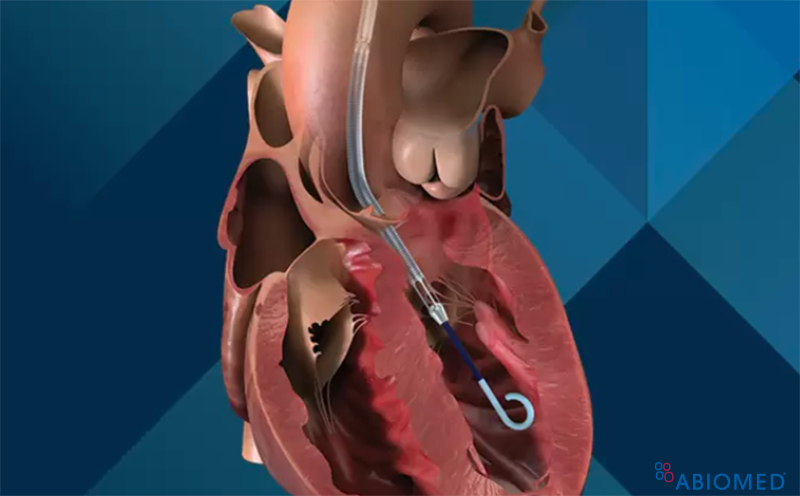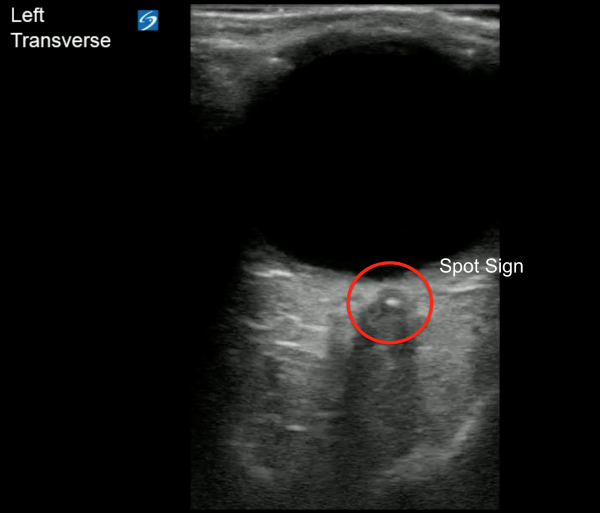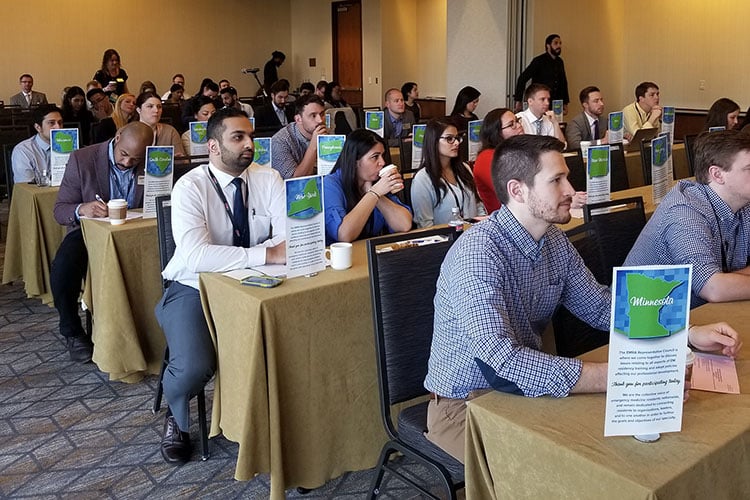The EM Community Stands Up for Students
September 30, 2019
3 years ago, the AAMC announced the creation of the Standardized Video Interview (SVI) project for medical students applying into Emergency Medicine. Applicants were asked to record a one-way video conversation to assess their interpersonal skills and professionalism.
At face value, the SVI judged your interpersonal skills by having you speak to an inanimate object. More specifically, students were not adequately represented in the decision-making process, the SVI was not backed by strong data, the opportunity to introduce biases existed, and it was unclear what costs medical students would incur after the "operational pilot."
For all of these reasons, EMRA was the first major EM group to advocate against the SVI. After more data was released, EMRA collaborated with all 11 major EM organizations to write the following letter opposing further study and use of the SVI, and stood up for medical students across the country.
The Joint Letter from 11 EM Organizations

To the Association of American Medical Colleges (AAMC),
As representatives of the Emergency Medicine community, we write today to communicate that our organizations do not support further study or use of the Standardized Video Interview (SVI).
We understand that the number of applications per applicant to Emergency Medicine programs has doubled over the past decade,1 and that this has increased pressure on residency programs to screen which students to invite for in-person interviews. We applaud the AAMC for proactively identifying a potential gap in the residency application process with the 2016 Program Director Survey,2 for being willing to innovate the residency application process, and for collaborating with representative bodies within the Emergency Medicine community.
However, after 3 years of piloting the SVI, reviewing the data, and hearing from the members of our community, we respectfully oppose further study or use of the SVI. Specifically, our position is based upon:
1. Lack of evidence to support SVI
The SVI was intended to address the fact that Program Directors report a lack of adequate tools to assess an applicant’s interpersonal and communications skills and professionalism.2 However, after 3 years of data collection, the SVI has not been demonstrated to be the tool to fill this gap. Specifically, evidence shows that evaluation of professional and interpersonal communication skills by Emergency Medicine faculty during in-person interviews significantly differs from SVI scores.3 The Emergency Medicine community has yet to see conclusive data correlating SVI scores to outcome metrics, such as reaching ACGME milestones. Together, these data cast doubt upon the ability of the SVI to achieve its intended aim of improving the residency application process.
2. Uncertainty around cost
After 3 years of study, the AAMC is unable to provide information regarding the costs of the SVI, and if implemented, who would bear these costs. We are concerned about the potential financial burden this might place upon applicants and/or programs. Additionally, we are concerned about the indirect costs of SVI preparation that students may feel pressured to incur. For example, only 22% of applicants in a recent survey reported being provided a professional recording space to record their SVI, and one SVI preparation service charges $497 - $2,997.4,5
3. Student perceptions
The SVI was intended to benefit applicants by providing them the opportunity to feel holistically reviewed,6 but only 31% of students agreed that the SVI would help program directors conduct a more holistic evaluation.5 Additionally, less than one quarter of applicants agreed that the SVI gave them an opportunity to describe their interpersonal and communication skills or knowledge of professional behavior, and only half agreed that they were able to answer SVI questions based upon past experiences.5 Furthermore, more than half of applicants were satisfied with program director use of USMLE Step 1 and Step 2 CK scores as filters in the residency selection process (55% and 64%, respectively), while only 10% were satisfied with SVI as a filter.5 The majority of medical students are open to a variety of innovations, such as regional in-person interviews and live video interviews with programs.5
Moving Forward
While we do not support continued study or use of the SVI, we applaud the AAMC for attempting to innovate and improve the residency application process.
The Emergency Medicine community recognizes that interpersonal and communication skills as well as professionalism are critical competencies for Emergency Physicians and difficult to remediate competencies.7,8 Program directors still need and encourage objective standards of measurement for medical students in these competencies. The SVI project should highlight to all those working with medical students that there is a concerning lack of standardization between medical schools in how they assess their students.9 This lack of standardization in assessments creates opportunities for bias and lack of parity between student cohorts which raises significant concerns for both program directors and medical students.
We are glad to have supported a project that highlighted how valuable our community holds the competencies of interpersonal and communication skills and professionalism. As we move past the SVI pilot project, we look forward to continuing to collaborate to improve the residency application process together.
Sincerely,
President
American Academy of Emergency Medicine (AAEM)
President
Clerkship Directors in Emergency Medicine (CDEM)
President
AAEM/Resident and Student Association (RSA)
President
Council of Residency Directors in Emergency Medicine (CORD)
President
American College of Emergency Physicians (ACEP)
President
Emergency Medicine Residents’ Association (EMRA)
President
American College of Osteopathic Emergency Physicians (ACOEP)
President
Society for Academic Emergency Medicine (SAEM)
President
ACOEP-Resident Student Organization (RSO)
President
SAEM Residents and Medical Students (RAMS)
President
Association of Academic Chairs of Emergency Medicine (AACEM)
2 AAMC. Results of the 2016 Program Directors Survey. https://store.aamc.org/results-of-the-2016-program-directors-survey.html
3 Hopson LR, Dorfsman ML, Branzetti J, Gisondi MA, et al. Comparison of the Standardized Video Interview and Interview Assessments of Professionalism and Interpersonal Communication Skills in Emergency Medicine. AEM Education and Training. 2019;00:1-10.
4 https://bemoacademicconsulting.com/sviprep
5 Deiorio NM, Jarou ZJ, Alker A, Bird SB, et al. Applicant Reactions to the AAMC Standardized Video Interview During the 2018 Application Cycle. Academic Medicine: June 18, 2019.
6 AAMC. About the SVI. https://students-residents.aamc.org/applying-residency/article/about-svi/
7 Sullivan C, Murano T, Comes J, Smith JL, et al. Emergency Medicine directors’ perceptions on professionalism: a Council of Emergency Medicine Residency Directors survey. Acad Emerg Med. 2011: Suppl 2: S97-103.
8 Domen RE, Talbert ML, Johnson K, Post MD, et al. Assessment and Management of Professionalism Issues in Pathology Residency Training: Results from Surveys and a Workshop by the Graduate Medical Education Committee of the College of American Pathologists. Acad Pathol. July 6, 2015.
9 Nittur N, Kibble J. Current Practices in Assessing Professionalism in United States and Canadian Allopathic Medical Students and Residents. Cureus. May 22, 2017: 9(5): e1267.
Download the Joint SVI Letterpdf 1.42 MB

Related Content

May 02, 2023
Critical Care Device Series: Impella®
Mechanical circulatory devices continue to evolve, allowing greater support of the sickest patients. This article discusses the Impella heart pumps, developed to address high-risk percutaneous coronary interventions, cardiogenic shock, right heart failure, left ventricular support, and more.

Jun 26, 2024
POCUS for the Win: Retrobulbar Spot Sign
Central retinal artery occlusion is an ocular emergency that commonly presents as sudden, painless, monocular vision loss. It can be a harbinger of serious comorbidities, making diagnosis important. POCUS has shown to be a quick and easy way to diagnose CRAO in the emergency department.





